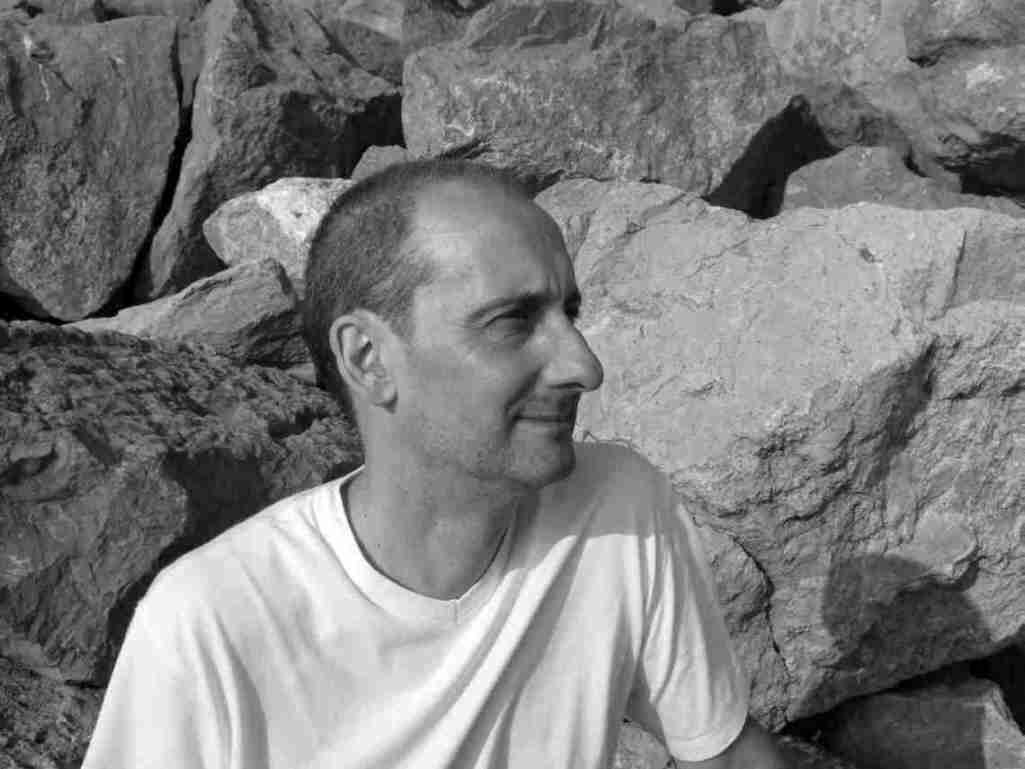
Henri-Louis Bergson (French pronunciation: [bɛʁksɔn] 18 October 1859–4 January 1941) was a major French philosopher, influential especially in the first half of the 20th century. Bergson convinced many thinkers that immediate experience and intuition are more significant than rationalism and science for understanding reality.
Bergson was born in the Rue Lamartine in Paris, not far from the Palais Garnier (the old Paris opera house) in 1859 (the year in which France emerged as a victor in the Second Italian War of Independence and over a month before the publication of Charles Darwin's On the Origin of Species). His father, the musician Michał Bergson had a Polish Jewish family background (originally bearing the name Bereksohn). His mother, Katherine Levison, daughter of a Yorkshire doctor, was from an English and Irish Jewish background. The Bereksohns were a famous[citation needed] Jewish entrepreneurial family of Polish descent. Henri Bergson's great-great-grandfather, Szmul Jakubowicz Sonnenberg, called Zbytkower, was a prominent banker and a protégé of Stanisław August Poniatowski, King of Poland from 1764 to 1795.
Henri Bergon's family lived in London for a few years after his birth, and he obtained an early familiarity with the English language from his mother. Before he was nine, his parents crossed the English Channel and settled in France, Henri becoming a naturalized French citizen.

Henri Bergson married Louise Neuberger, a cousin of Marcel Proust (1871–1922), in 1891. They had a daughter, Jeanne, born deaf in 1896.
Bergson's sister, Mina Bergson (also known as Moina Mathers), married the English occult author Samuel Liddell MacGregor Mathers, a founder of the Hermetic Order of the Golden Dawn, and the couple later relocated to Paris as well.
Bergson lived the quiet life of a French professor, marked by the publication of his four principal works:
in 1889, Time and Free Will (Essai sur les données immédiates de la conscience)
in 1896, Matter and Memory (Matière et mémoire)
in 1907, Creative Evolution (L'Evolution créatrice)
in 1932, The Two Sources of Morality and Religion (Les deux sources de la morale et de la religion)
In 1900 the College of France selected Bergson to a Chair of Greek and Latin Philosophy, which he held until 1904. He then replaced Gabriel Tarde in the Chair of Modern Philosophy, which he held until 1920. The public attended his open courses in large numbers. Wikipedia
Creative Evolution (L'Evolution créatrice) is a 1907 book by French philosopher Henri Bergson. Its English translation appeared in 1911. The book provides an alternate explanation for Darwin's mechanism of evolution, suggesting that evolution is motivated by an élan vital, a "vital impetus" that can also be understood as humanity's natural creative impulse. The book was very popular in the early decades of the twentieth century, before the Neodarwinian synthesis was developed.
The book also develops concepts of time (offered in Bergson's earlier work) which significantly influenced modernist writers and thinkers such as Marcel Proust. For example, Bergson's term "duration" refers to a more individual, subjective experience of time, as opposed to mathematical, objectively measurable "clock time." In Creative Evolution, Bergson suggests that the experience of time as "duration" can best be understood through creative intuition, not through intellect.
Harvard philosopher William James intended to write the introduction to the English translation of the book, but died in 1910 prior to its completion. Wikipedia
Download or read a copy from Internet Archive


No comments:
Post a Comment